Lee C. Bollinger, President of Columbia University, is widely considered one of America’s leading legal scholars on freedom of speech and has written extensively about the evolution of that fundamental freedom in the digital age.
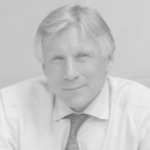 Lee C. Bollinger became Columbia University’s 19th president in 2002 and is the longest serving Ivy League president. He is Columbia’s first Seth Low Professor of the University, a member of the Law School faculty, and one of the nation’s foremost First Amendment scholars. Bollinger is the author or co-editor of numerous books on freedom of speech and press, including National Security, Leaks and Freedom of Expression (2021), Regardless of Frontiers: Global Freedom of Expression in a Troubled World (2021), and The Free Speech Century (2018).
Lee C. Bollinger became Columbia University’s 19th president in 2002 and is the longest serving Ivy League president. He is Columbia’s first Seth Low Professor of the University, a member of the Law School faculty, and one of the nation’s foremost First Amendment scholars. Bollinger is the author or co-editor of numerous books on freedom of speech and press, including National Security, Leaks and Freedom of Expression (2021), Regardless of Frontiers: Global Freedom of Expression in a Troubled World (2021), and The Free Speech Century (2018).
President Bollinger is a member of the Pulitzer Prize Board and a co-founder of the Knight First Amendment Institute at Columbia University, a center devoted to defending speech and press freedoms in the digital age through litigation, scholarship, and public education. In 2014, he established Columbia Global Freedom of Expression, a project that brings together experts and activists with faculty and students to advance understanding of international norms that protect expression and the free flow of information.
In 2017, Bollinger founded Columbia World Projects, an initiative that mobilizes the University’s researchers and scholars to work with governments, organizations, businesses, and communities to tackle global challenges. In 2020 he announced the University’s commitment to becoming carbon neutral by 2050, and in 2021 he launched the Columbia Climate School, the first new school at the University in 25 years.
Bollinger served as president of the University of Michigan from 1996 to 2002 and led the school’s historic litigation in Grutter v. Bollinger and Gratz v. Bollinger, Supreme Court decisions reasserting that diversity is a compelling justification for affirmative action in higher education. A fellow of the American Academy of Arts and Sciences and the American Philosophical Society, Bollinger is also the recipient of multiple honorary degrees from universities in the United States and abroad.
“The question now is do we believe that completely unregulated speech on the social media platforms and the internet will, the way that it’s structured, really result in a good outcome because good speech can counter bad speech? Do we think that that’s still true? Or do we think that it’s not true? And if not, how far are we prepared to go to remedy that situation? That’s our fundamental problem today.” — Lee C. Bollinger
Q. What do Donald Trump and the Ayatollah Khamenei have in common with Rihanna?
A. They have all been banned from social media.
Social media has become the lifeblood of modern culture. But it has evolved in ways which reward excessive outrage excessively and which encourage hyper attention to the immediate—untethered from traditions, knowledge, and values. One result is rising anger, increasing polarization, and easy manipulation of public opinion and of elections.
Should online speech be regulated? If so, by whom? Is it good public policy to ask Silicon Valley executives to self-police? Whose values should drive decisions about what is allowed and what is banned?
Lee C. Bollinger, President of Columbia University, is widely considered one of America’s leading legal scholars on freedom of speech and has written extensively about the evolution of that fundamental freedom in the digital age. In this week’s New Thinking for a New World, he wrestles with the challenges of social media.
Let us know what do YOU think and comment below
Listen to the episode here or find us on a podcast platform of your choice, (Apple podcast, Spotify, Acast, Stitcher, Libsyn, etc).
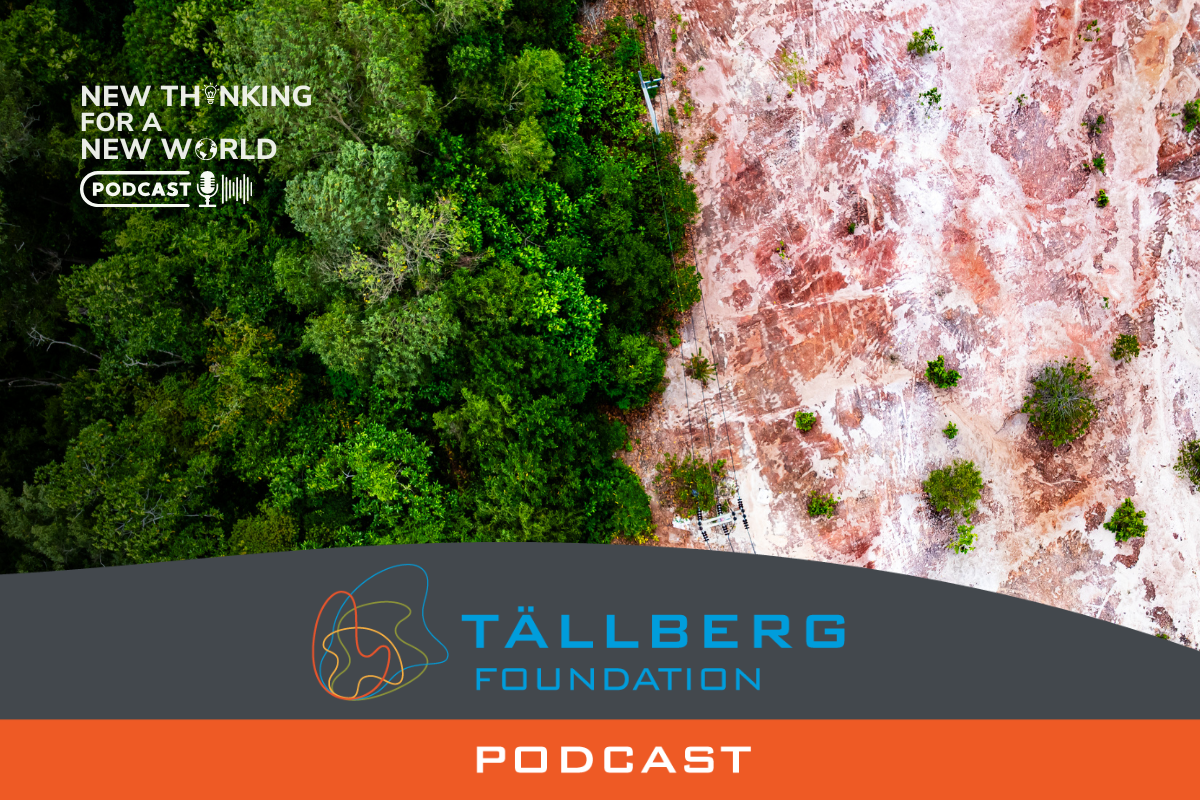
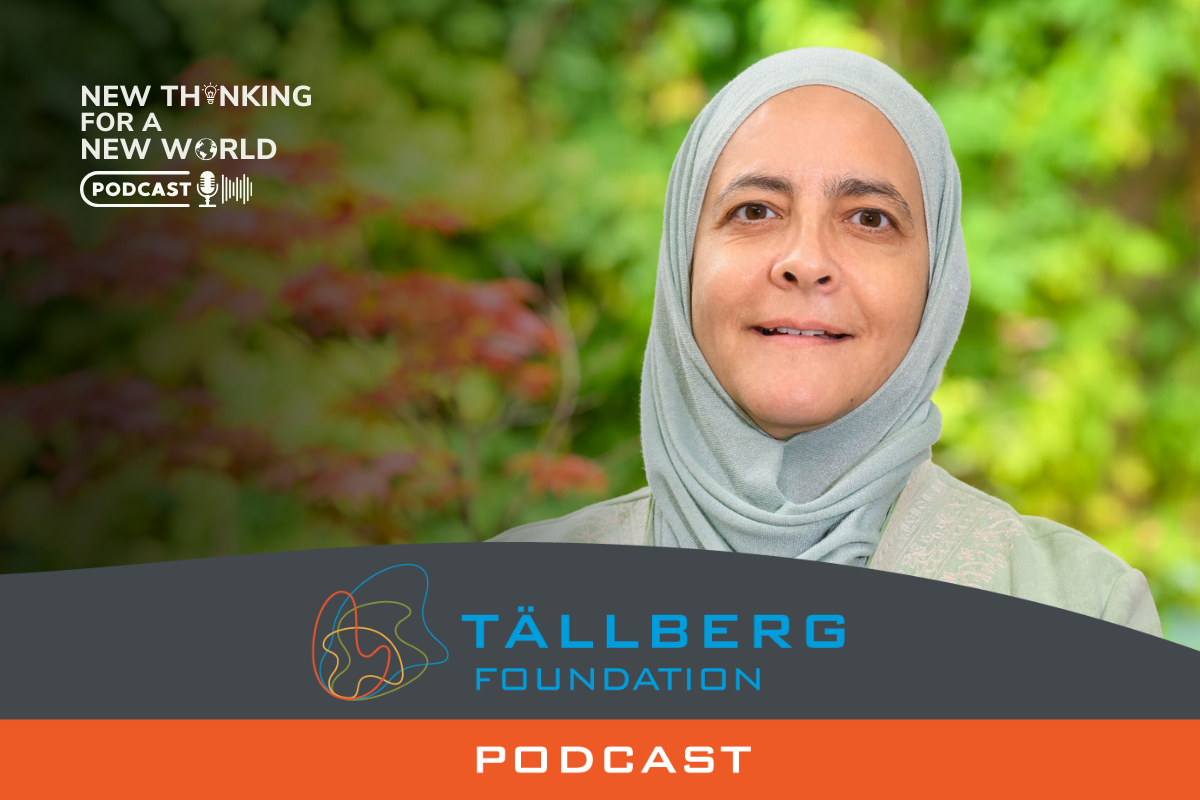
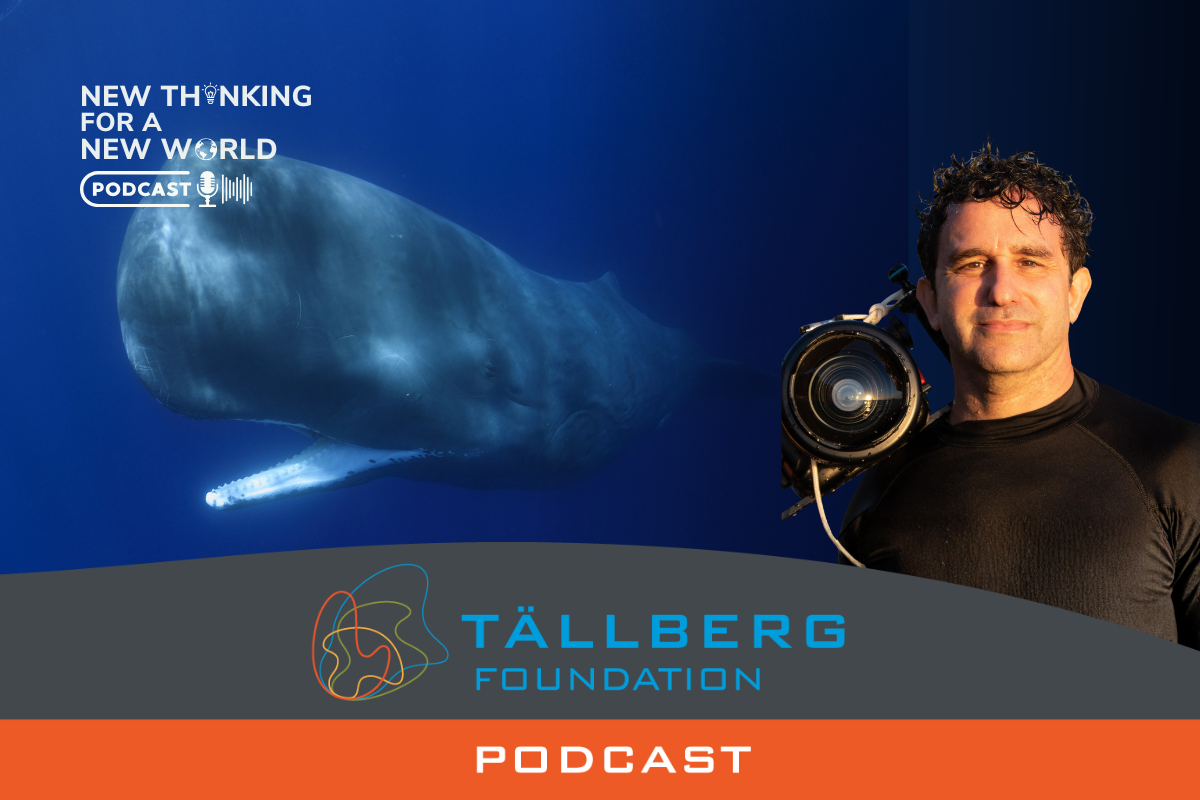
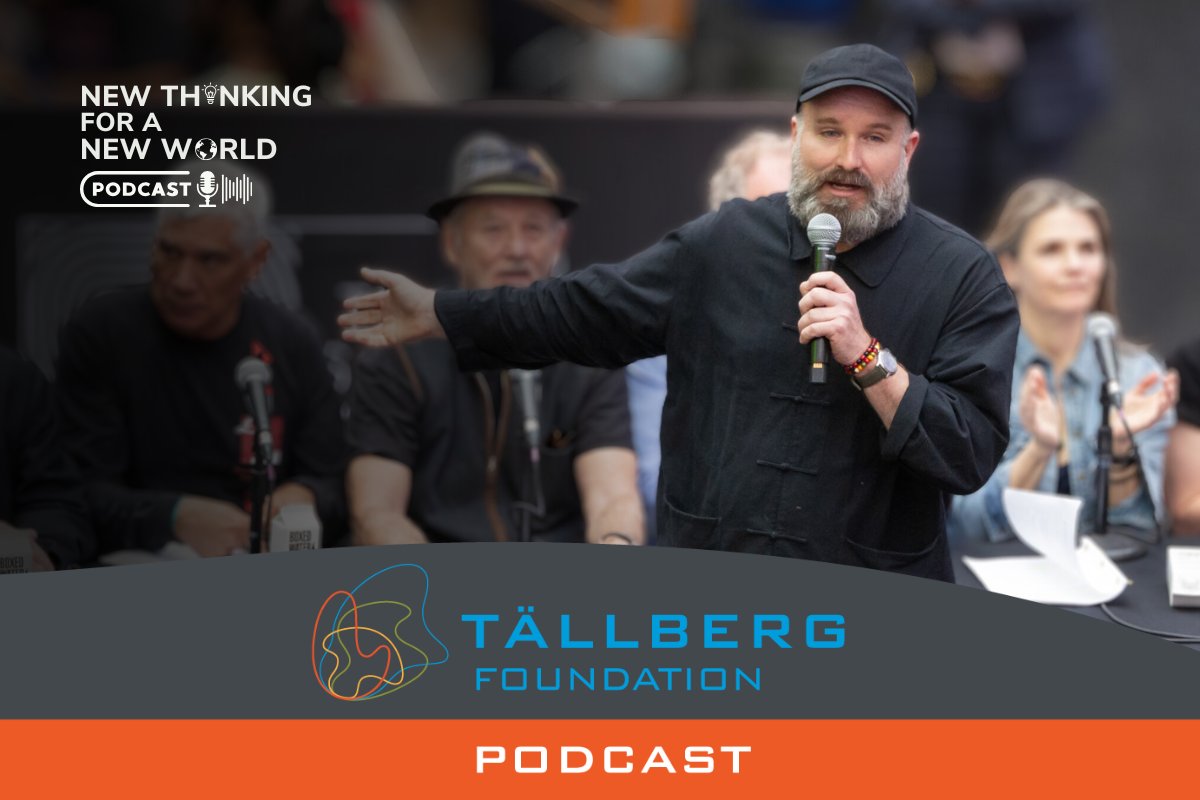
Technology did change the landscape indeed. So, like for any other important change (Gutenberg was a leap as well), humans need to learn to deal with the new tools. The breath of urgency is the global aspect and the rapidity of the reach. Therefore, one could argue that the learning needs to happen quickly as well. Oppression has not only the disadvantage to postpone the learning, it increases the pressure to fight the oppression. Of course, it takes us away from the power of swarmship that offer solutions to address any problem we are confronted to like global warming, sexism, racism, pollution, hunger, etc. I acknowledge that the individuals/group that control wealth are worry by sharing power which comes with swarmship. Yet, their obscene hold on power bear the root of dystopia and can not in all humanity be acceptted. Consequently, the only solution ahead is offer, globally, the opportunity to train all (of course especially young humans) to use this new tool. What type of training? Well no need to reinvent the wheel. The concept has been developed by a few cultural/development aid institutions to embrace change and diversity in a constructive way. Any change and diversity as well as the human behavior that comes with them. This training has a few names but I prefer cross-culture training, defining culture in the broad sense that it fundamentally has, including gender, age, religious, professional, culture yes, race, etc differences. The earliest we start, the more we give ourselves the chance to avoid great sufferings, or maybe worse. When are we invest into what has become one of the most urgent needs to enable our humane side to lead us ? 🙂 It is the lack of this training that leads us to feel powerless in front of a Chinese or Western system. Not A, not B, not a compromise between A or B!!!! What we need is C, build together. Cross-culture provide the tools to engage in this conversation that will indeed never reach a final point because once we have C , we will meet D and will work on E.
Tim Wu’s book, The Master Switch, published 2011, was a decent introduction for me, to the patterns of information age controlling factors. I look forward to reading The Free Speech Century and Regardless of Frontiers. Thank you for posting this interview. Additional summary reading recommendations would be most welcome. What we envision as training and open thought is definitely influenced by our own cultural world views. We limit our debates by focusing on West versus East and how we regard leadership. The leaders in a space are not always precisely who we believe them to be.